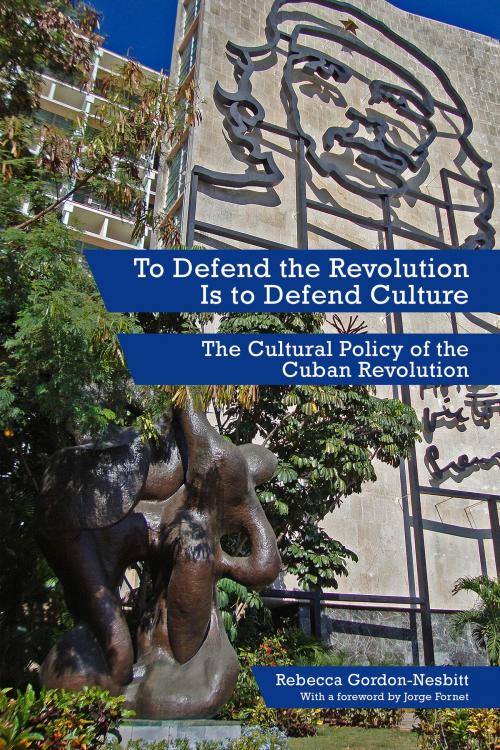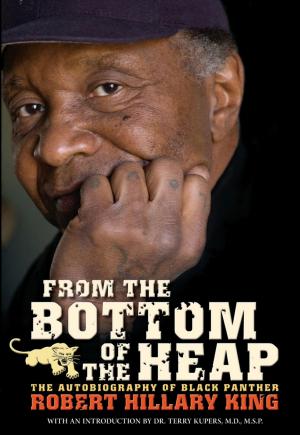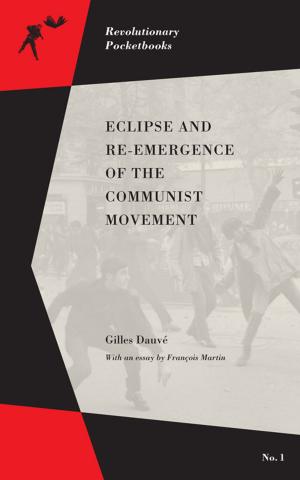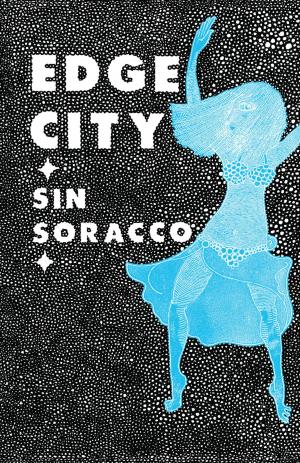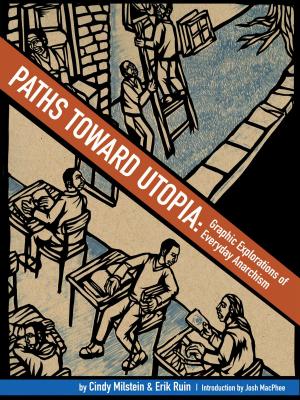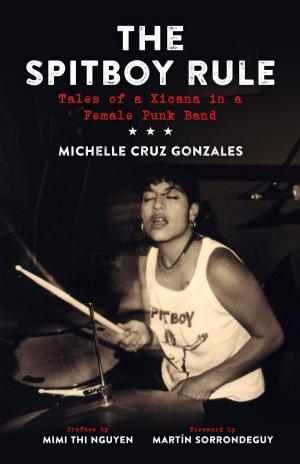To Defend the Revolution Is to Defend Culture
The Cultural Policy of the Cuban Revolution
Nonfiction, History, Americas, Latin America, Art & Architecture| Author: | Rebecca Gordon-Nesbitt | ISBN: | 9781629631301 |
| Publisher: | PM Press | Publication: | September 1, 2015 |
| Imprint: | PM Press | Language: | English |
| Author: | Rebecca Gordon-Nesbitt |
| ISBN: | 9781629631301 |
| Publisher: | PM Press |
| Publication: | September 1, 2015 |
| Imprint: | PM Press |
| Language: | English |
Based on a four-year research project, which included five months in Havana, this book documents the approaches to culture that evolved out of the 1959 Cuban Revolution. Deploying micro and macro perspectives, it introduces all the main protagonists to the debate and follows the polemical twists and turns that ensued in the volatile atmosphere of the 1960s and 1970s. The picture that emerges is of a struggle for cultural dominance between Soviet-derived approaches and a uniquely Cuban response to culture under socialism, based on the principles of Marxist humanism. Accordingly, this book aims to isolate the main tenets of Cuban cultural policy as they crystallized through an extensive process of trial and error. Primacy is given to emancipatory understandings of culture, and ample space is dedicated to discussions that remain hugely pertinent to those working in the cultural field, such as the relationship between art and ideology, engagement and autonomy, form and content.
Based on a four-year research project, which included five months in Havana, this book documents the approaches to culture that evolved out of the 1959 Cuban Revolution. Deploying micro and macro perspectives, it introduces all the main protagonists to the debate and follows the polemical twists and turns that ensued in the volatile atmosphere of the 1960s and 1970s. The picture that emerges is of a struggle for cultural dominance between Soviet-derived approaches and a uniquely Cuban response to culture under socialism, based on the principles of Marxist humanism. Accordingly, this book aims to isolate the main tenets of Cuban cultural policy as they crystallized through an extensive process of trial and error. Primacy is given to emancipatory understandings of culture, and ample space is dedicated to discussions that remain hugely pertinent to those working in the cultural field, such as the relationship between art and ideology, engagement and autonomy, form and content.
